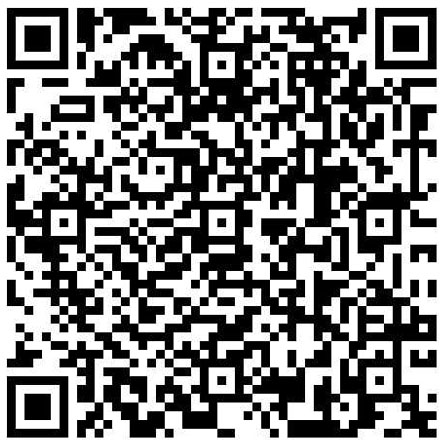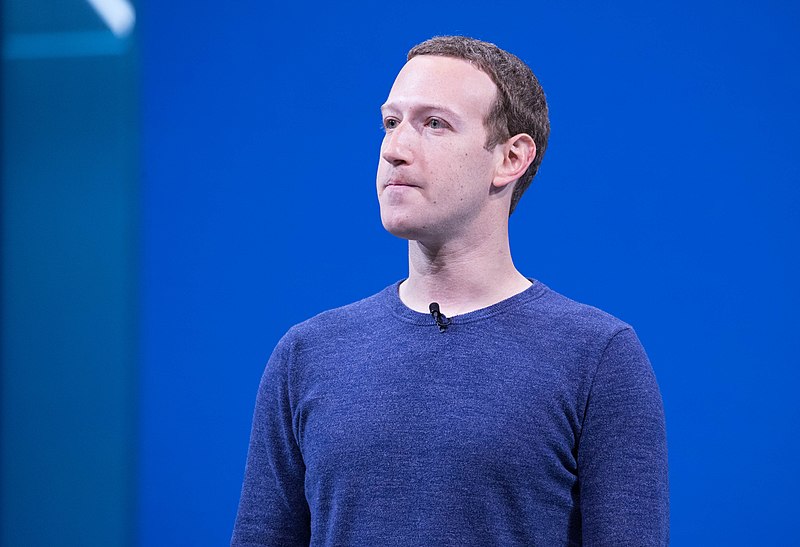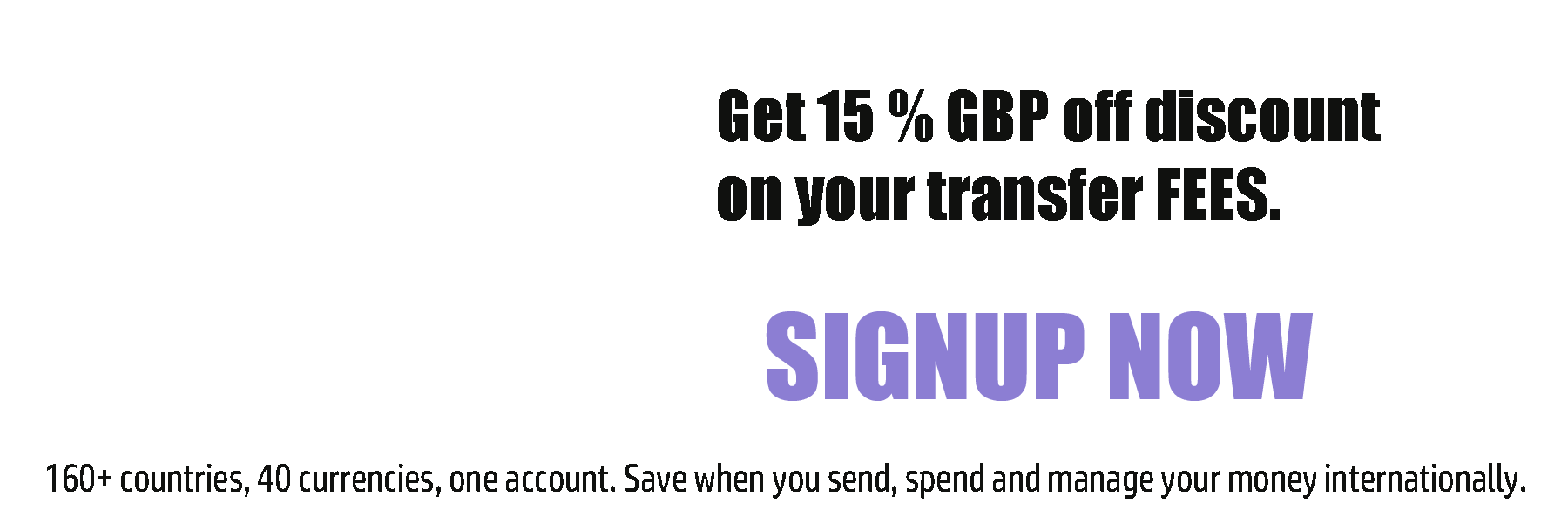It seems that Facebook CEO cannot tolerate “bullying” at all, as some of his employees have threatened to be fired.
A new report stated that Facebook CEO Mark Zuckerberg threatened to dismiss employees from his company last June because of “bullying” on their colleagues, after the company’s large-scale exit to protest content management policies.
According to the report – which was published by Buzzfeed News, Zuckerberg said during a question-and-answer session inside the company: I was very concerned about the level of disrespect, and at times, the scathing criticism that many people in our inner community face toward each other as part of these discussions.
“If you bully your colleagues in taking a stand on something, we will fire you,” he said.
inner struggle
The Buzzfeed report touches on Facebook’s internal struggle since the company decided not to oversee a post by US President Donald Trump who was accused of glorifying violence.
The Facebook company fired an employee who criticized CEO Mark Zuckerberg’s decision not to take action against inciting posts by US President Donald Trump last May, citing a tweet that challenged his colleague’s silence on the issue.
Overt reprimand
(Brandon Dell) – User Interface Engineer – wrote on Twitter: he was fired due to a public rebuke of his co-worker, who refused to include a statement of support for the (Black Lives Matter) movement to the documents for an open source software project they were overseeing, and Dell said: The employee refused Because he does not want to take a political stance.
Facebook confirmed the employee’s dismissal, but refused to provide additional information, and the company said: The participating employees would not face retaliation, after the social network faced criticism from its employees for not taking action against Trump posts that critics say incite violence.
Hundreds of employees arranged earlier in May to stop work rarely to protest the company’s position on political rhetoric, while Facebook said: Trump’s posts did not violate its rules against incitement to violence, and it allowed discussion about the state’s use of force, so that the social network approach contrasts with Twitter platform




